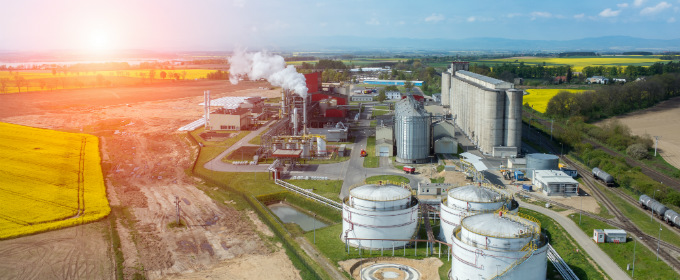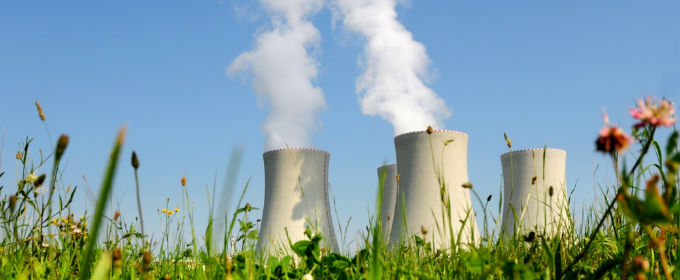In this blog Professor Phil Withers, Chief Scientist at the Henry Royce Institute calls for an ‘Internet of Materials’ to help the UK to innovate faster, smarter and with a more competitive edge. A new material or process can utterly transform a sector, or even our lifestyle. Failing fast in the lab and learning quickly […]






